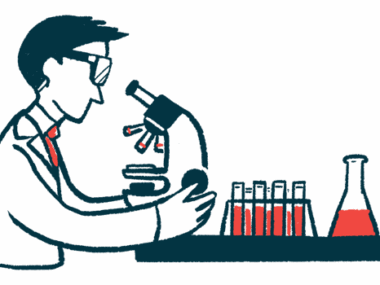Clinical Results of Selinexor Combo Regimen for Multiple Myeloma Presented by Moffitt Cancer Cancer at ASCO 2016
Written by |

The Moffitt Cancer Center has completed a Phase 1 clinical trial of selinexor combined with liposomal doxorubicin and dexamethasone for the treatment of relapsed and refractory multiple myeloma (MM) patients. The results of the trial were presented June 6 in Chicago at the 2016 Annual Meeting of the American Society of Clinical Oncology (ASCO).
Selinexor is an orally available, small molecule inhibitor of CRM1 (chromosome region maintenance 1 protein, exportin 1 or XPO1), with potential antineoplastic activity. Selinexor modifies the essential CRM1-cargo binding residue cysteine-528, thereby irreversibly inactivating proteins such as tumor suppressor proteins found in cancer cells. As a result, selinexor restores endogenous tumor suppressing processes to selectively eliminate tumor cells while sparing normal cells.
Results from preclinical trials in mouse models of multiple myeloma have demonstrated that selinexor has a synergistic effect when combined with doxorubicin.
The Phase 1 clinical trial of selinexor combined with liposomal doxorubicin and dexamethasone aimed to determine the maximum tolerated dose of the combination regimen in patients with relapsed and refractory multiple myeloma who were previously treated with two or more agents, including lenalidomide and a proteasome inhibitor.
The trial included an induction phase, a treatment loading phase, and a maintenance phase. Both the treatment loading phase and the maintenance phase evaluated selinexor and dexamethasone monotherapy.
The abstract presented during the ASCO meeting reported the results of 11 multiple myeloma patients who had an average of five prior lines of therapy. Dose-limiting toxicities included low nausea, platelet counts, and low sodium levels.
The most common adverse events reported were hyponatremia (54 percent), anemia (38 percent), thrombocytopenia (38 percent), neutropenia (38 percent), diarrhea (23 percent), vomiting (23 percent), hyperglycemia (15 percent) and fatigue (15 percent).
Preliminary data from the Phase 1 clinical trial indicate that treatment with selinexor in combination with liposomal doxorubicin and dexamethasone is active in this patient population. Of the 10 patients evaluated, two achieved a good partial response, a partial response, and a minimal response. The remaining four had no response.



